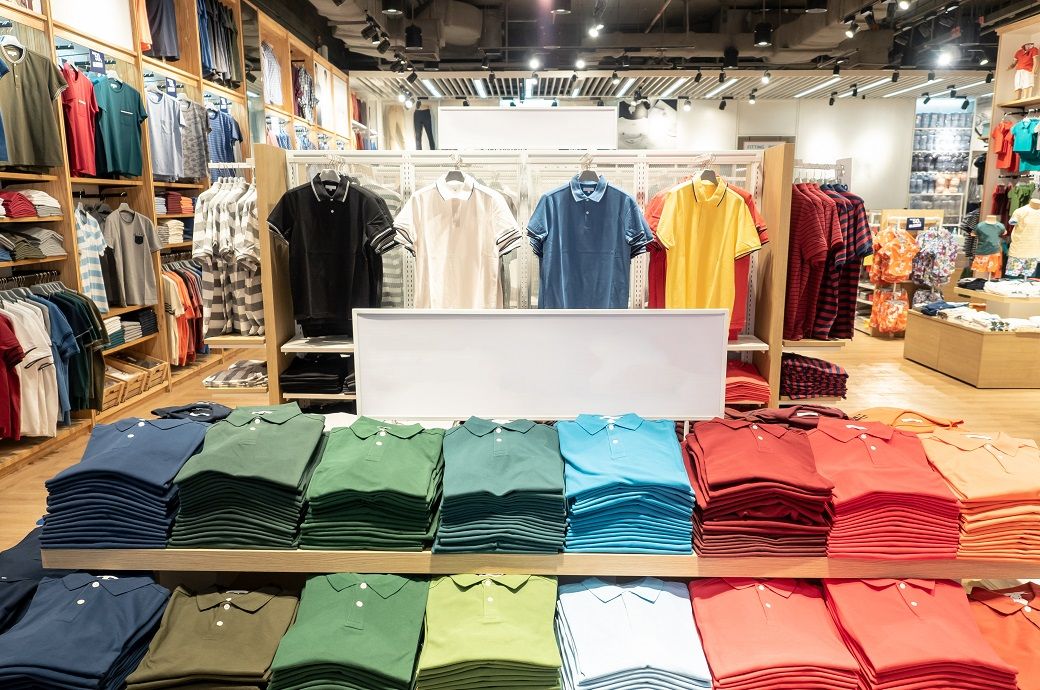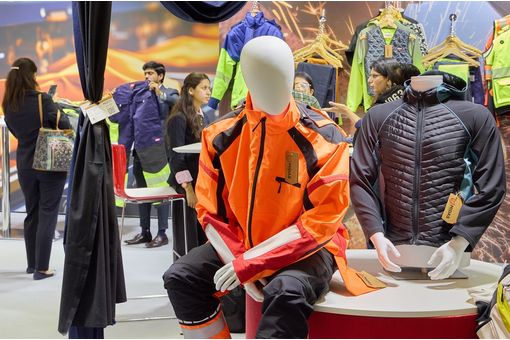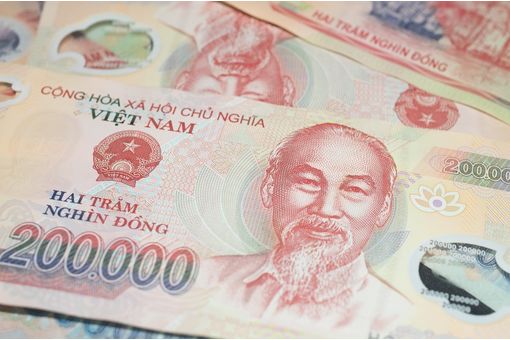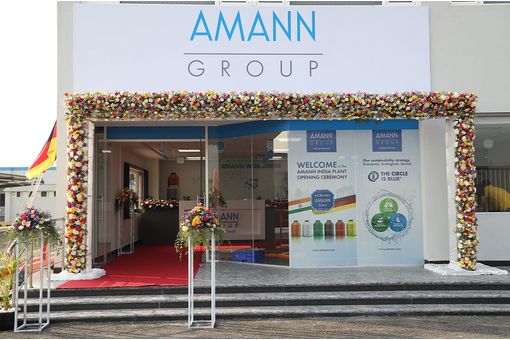Australian business confidence sees modest rise in March

Insights
- In March, Australia's business confidence edged up by 1 point to 1, reflecting cautious optimism.
- Retail improved, while manufacturing declined.
- Business conditions fell by 1 point to 9, with a notable drop in profitability.
- Conditions improved in Tasmania and Western Australia but fell sharply in South Australia.
- Forward orders showed modest changes.
The retail sector saw a modest improvement in sentiment, climbing out of deeper negative territory to minus 8 index points on a trend basis. However, this was counterbalanced by declines in the manufacturing sector.
Business conditions dipped slightly by one point, settling at 9 index points. This reflects a mix of steady trading conditions and employment levels, juxtaposed against a 4-point drop in profitability, as per the survey.
A closer look at the industry breakdown reveals a varied picture. Retail businesses reported a significant uptick in conditions, up by 8 points, marking a rare bright spot. Conversely, manufacturing and wholesale sectors witnessed declines, each dropping by 5 points, which offset the gains elsewhere. Despite the uptick, retail conditions remained negative on a trend basis, highlighting the persistent hurdles in the sector.
The survey also shed light on regional disparities. Tasmania and Western Australia led the way with considerable improvements in conditions, up by 15 and 9 points respectively. Victoria and Queensland also saw gains, albeit more modest. In stark contrast, South Australia experienced a sharp 17-point fall, with New South Wales registering a slight decrease. Western Australia and Tasmania now exhibit the strongest condition levels in trend terms, although all states reported maintaining reasonable condition levels overall.
Forward orders, a key indicator of future activity, improved by 3 points to minus 1 index point, with retail showing some signs of recovery despite remaining at minus 19 index points in trend terms. Capital expenditure (capex) held steady at 7 index points, while capacity utilisation saw a slight decrease to 83.2 per cent.
In terms of costs, the survey highlighted a deceleration in labour cost growth, which eased to 1.6 per cent on a quarterly equivalent basis, down from 2 per cent. Purchase cost growth also slowed to 1.4 per cent from 1.8 per cent, indicating some relief in input cost pressures. Meanwhile, product price growth softened to 0.7 per cent, from 1.2 per cent, with retail price growth marginally reducing to 1.3 per cent from 1.4 per cent.
“We’ve now seen conditions running a little above average and confidence a little below average for the better part of a year, which is a fairly unusual result in the history of the survey,” said NAB chief economist Alan Oster. “Fundamentally, it tells us that firms have continued to be a bit concerned about the outlook even as the economy has remained resilient.”
Fibre2Fashion News Desk (DP)
































-Ltd..jpg?tr=w-120,h-60,c-at_max,cm-pad_resize,bg-ffffff)





.jpg?tr=w-120,h-60,c-at_max,cm-pad_resize,bg-ffffff)
.jpg?tr=w-120,h-60,c-at_max,cm-pad_resize,bg-ffffff)






